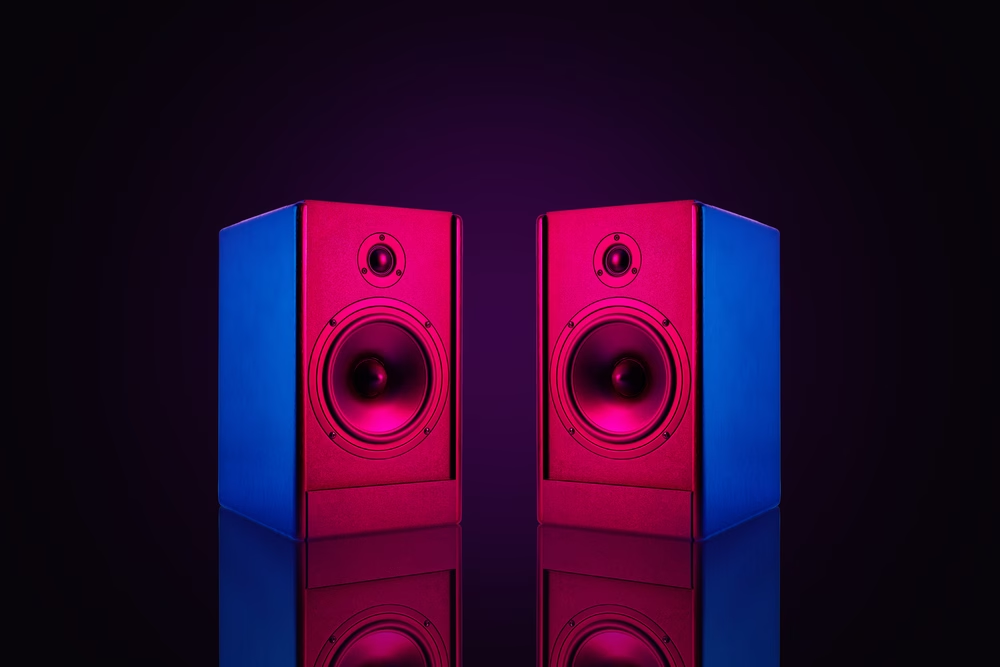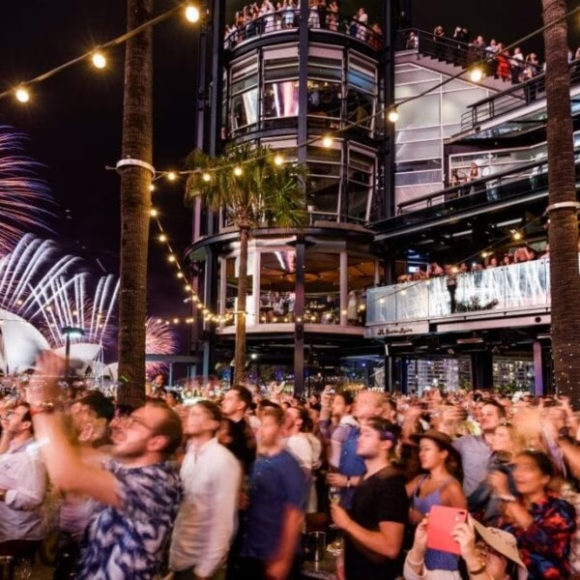That carefully curated playlist setting the mood in your dining room could be costing you more than you think—and potentially landing you in legal hot water.
While most restaurant owners understand the importance of creating the right atmosphere through music, many remain unaware that simply streaming songs from Spotify or playing the radio requires specific licensing to avoid copyright infringement.
With damages reaching into the hundreds of thousands of dollars for non-compliant venues, understanding Australia’s public performance music licensing requirements isn’t just about supporting artists—it’s about protecting your business from costly legal consequences that could put your restaurant’s future at risk.
What’s the fine for playing music without a licence?
A penalty from copyright infringement is not called a ‘fine’. They are called ‘Damages’, but they still reflect the costs a court says a business has to pay for infringing. Businesses are often unaware that they may be infringing copyright when playing music on their premises. If a business plays music protected by copyright without permission, it can result in legal proceedings with thousands of dollars in damages payable by the business.
Copyright laws and publicly performing music in Australian businesses
Playing music in a public place without the permission of the owners of the copyright in that music can result in an infringement of the copyright in that music.
Under Australian Copyright Legislation, you are not permitted to ‘publicly perform’ music in a business without the appropriate permission from the owners of the copyright in that music. That is, businesses must obtain permission from the owners of music to play that music to the public, such as customers or staff.
So, whether you play music in your business from a radio, CD player, TV, or a music streaming service, permission from the copyright owner is required when it is publicly performed outside of a domestic setting. A public performance music licence provides music users with the permission they need to
What music requires a public performance music licence?
The vast majority of commercial music heard on the radio or available on streaming services is protected by copyright. This means that for most music, you will need to get permission from the copyright owner of that music before you perform that music in public.
OneMusic has been authorised by the owners or controllers of copyright in almost all musical works (the written songs) and the recordings of those musical works from around the world to give permission to music users in Australia to publicly perform that music.
There is music that businesses can publicly perform without a public performance licence, which is sometimes called ‘royalty-free’ music. It is very unlikely that this type of music is the popular music that you have heard on the radio. Still, it is open for each business to identify and use authentic ‘royalty-free’ music if that suits their needs. Because genuine ‘royalty-free’ music is either not protected by copyright, or the owners have chosen not to seek public performance royalties, it is often the case that a public performance music licence will not be required when that music is the only type played publicly at the premises.
Purchase a public performance music licence to avoid additional costs
Failing to obtain a public performance music licence not only denies artists their hard-earned income, but it can also have significant financial consequences for your business.
In one case, a Melbourne cafe and bar was fined nearly $200,000 for playing music without a licence when an Australian court found that the business owner flagrantly disregarded the rights of musicians, and failed to license the public performance of recorded music despite numerous attempts at contact.
Recently, in a copyright infringement case brought by the Australasian Performing Right Association, a popular South Australian karaoke venue was ordered to pay $136,000 for failure to hold a valid licence for the public performance of music at the venue. This included $70,000 in additional court-ordered damages and $10,000 in legal costs.
Copyright laws exist to enable artists to earn income for their creative works, so it is essential that when a business publicly performs music, they ensure they have the appropriate permissions and, where necessary, pay for the proper public performance music licence.
In short, businesses that play music in public often require a public performance music licence to ensure they are not in breach of Australia’s copyright laws. By securing a OneMusic public performance licence, businesses can support music makers while remaining copyright-compliant and avoiding the significant financial costs that copyright infringement could entail.
For more information, check out OneMusic’s dedicated page for dining: Restaurants, Cafes & Dining Venue Music Licence | OneMusic Australia







